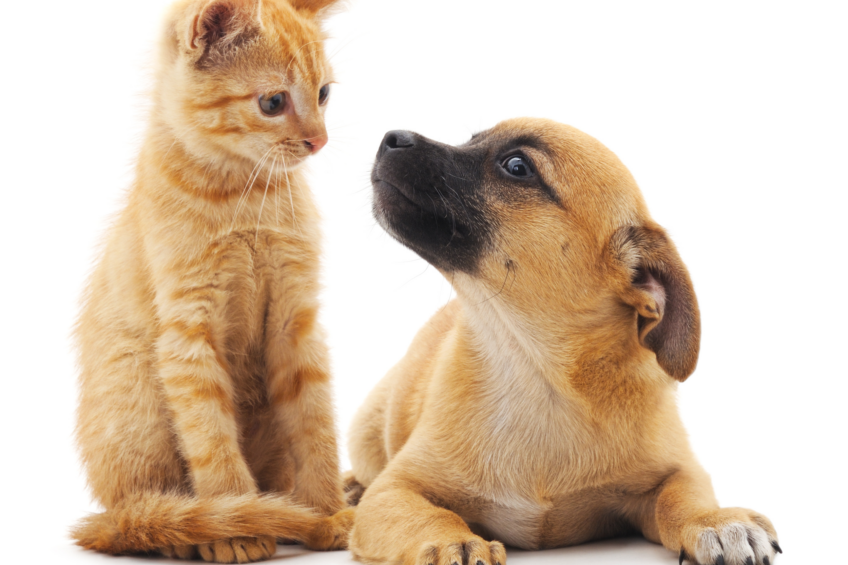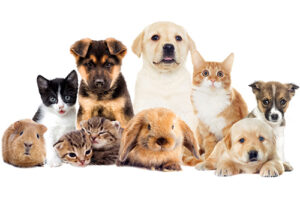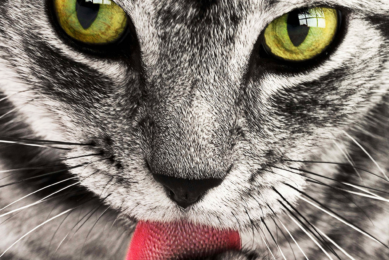Vets need to do more on dietary choices for cats and dogs

Owners of cats and dogs in the United Kingdom are opting for non-traditional diets for their animals, prompting calls for veterinary practices to do more to alert them about dietary choices.
The UK’s leading veterinary organisation is calling on vets to support pet owners in choosing a healthy, sustainable diet for their cats and dogs after research found that 94% of companion animal vets reported they have clients who feed a raw diet.
The British Veterinary Association said veterinary practices had also found that:
- Nearly half (42%) reported clients who feed meat-free diets
- 29% reported clients who feed insect protein in place of meat
But the study also found that many clients are not routinely discussing dietary choices with their vet, as 6 in 10 vets were unsure just how many of the cats and dogs they see are fed meat-free diets.
…owners of cats and dogs are increasingly drawn to pet diets that reflect their own personal values and lifestyle choices, and this is leading to a surge in alternative approaches to pet food
Recording nutritional histories of pets

The study has led the BVA to develop a new policy position, urging members to have conversations with all cat and dog owners about what diet they have chosen and record nutritional histories and any resulting issues on their practice systems.
Anna Judson, BVA President, said the new policy position had been developed by a panel of experts: “We know that owners of cats and dogs are increasingly drawn to pet diets that reflect their own personal values and lifestyle choices, and this is leading to a surge in alternative approaches to pet food.
“We support owners making informed choices about what to feed their pets but they must be aware that these choices play a pivotal role in the health of the animal and can also have a wider impact on human health and environmental sustainability.
“One of the key issues in these conversations is the lack of long-term, evidence-based research. If vet teams are to maintain our position as the “trusted voice” in these conversations, it’s vital we ask the right questions and also record as much data as possible so we can understand the long-term impact of some of these newer diets,” she added.











